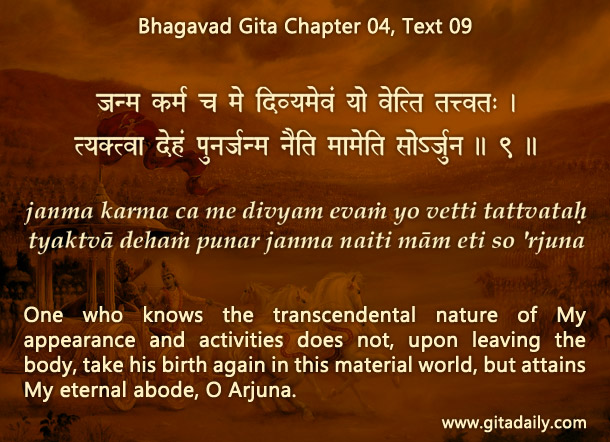The logical worldview accepts only those things that make sense to the intelligence’s logical faculty. So, it may, for example, dismiss the notion of God as illogical.
In contrast, the psychological worldview prioritizes the mind’s feelings about things. Thus, it may rationalize God as a comforting psychological truth whose objective reality or unreality is irrelevant.
However, both worldviews presume the material level to be the only reality – it is their reference point for discerning truth.
Gita wisdom explains that our present material level of perception is like a dream. The logic-obsessed are like those who have never seen the sun in their dream and claim that it doesn’t exist. The psychology-obsessed are like those who argue that people seeing the sun in their dreams should be allowed to dream. But neither considers the possibility that beyond the dream may be a waking world wherein the sun is an objective reality.
Gita wisdom expands our consciousness to consider the possibility of non-material reality. And the process of yoga, especially bhakti-yoga, wakes us from the dream level of material reality by giving us spiritual experiences of Krishna. These experiences are so sweet and deep that they render material reality pale and stale in comparison.
When we taste such sublime spiritual reality, we stop rejecting or reducing God: rejecting him as illogical or reducing him to a psychological truth. Instead, we use the logical and the psychological, as far as they can go, in pursuing him. That is, we engage the intelligence and the mind in our devotional service to him. The Bhagavad-gita (04.09) indicates that when we understand that Krishna’s activities are transcendental – meaning, in our context, beyond the logical and the psychological – the resulting devotional purification raises our consciousness to the spiritual level, where we unite with him in eternal love.
To know more about this verse, please click on the image
Explanation of article:
Podcast:



Hare Krishna Prabhu,thank you for making this verse simple and meaningful.Hari Bol.